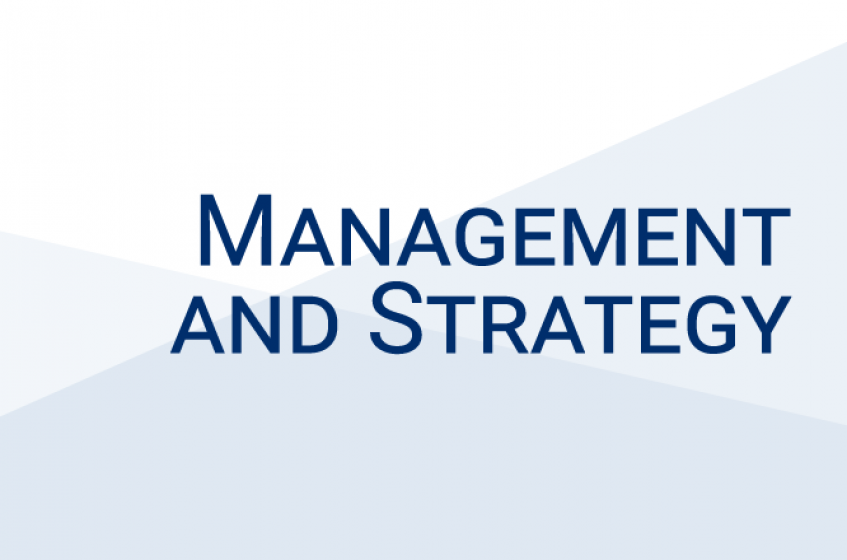
Feeling Positive, Negative, or Both? Examining the Self-Regulatory Benefits of Emotional Ambivalence
Associate Professor and Robbins Fellow
Eller College of Management
The University of Arizona
According to self-regulation theories, affect plays a crucial role in driving goal-directed behaviors. Yet, past work presents inconsistent results regarding the effects of positive and negative affect, with theory heavily relying on understanding the separate, unique effects of each affective experience. In the current investigation, we integrate tenets of emotional ambivalence with self-regulation theories to examine how the conjoint experience of positive and negative affect yields benefits for behavioral regulation. We test these ideas within a self-regulatory context that has frequently studied the possible benefits of affect—the job search. Specifically, across two within-person investigations, we explore how emotional ambivalence relates to job search success (i.e., interview invitations, job offers) via job search self-regulatory processes (i.e., metacognitive strategies, effort). To capture emotional ambivalence during job search, we utilize a person-centered analytic technique known as multilevel latent profile analysis (MLPA). Results illustrate that the subsequent week (i.e., at time t + 1; Study 1) and month (Study 2) after job seekers experience emotional ambivalence (i.e., higher levels of positive and negative affect at time t), they receive more job offers via increased search efforts and interview invitations. Theoretical and practical implications for studying emotional ambivalence in organizational scholarship are discussed.







